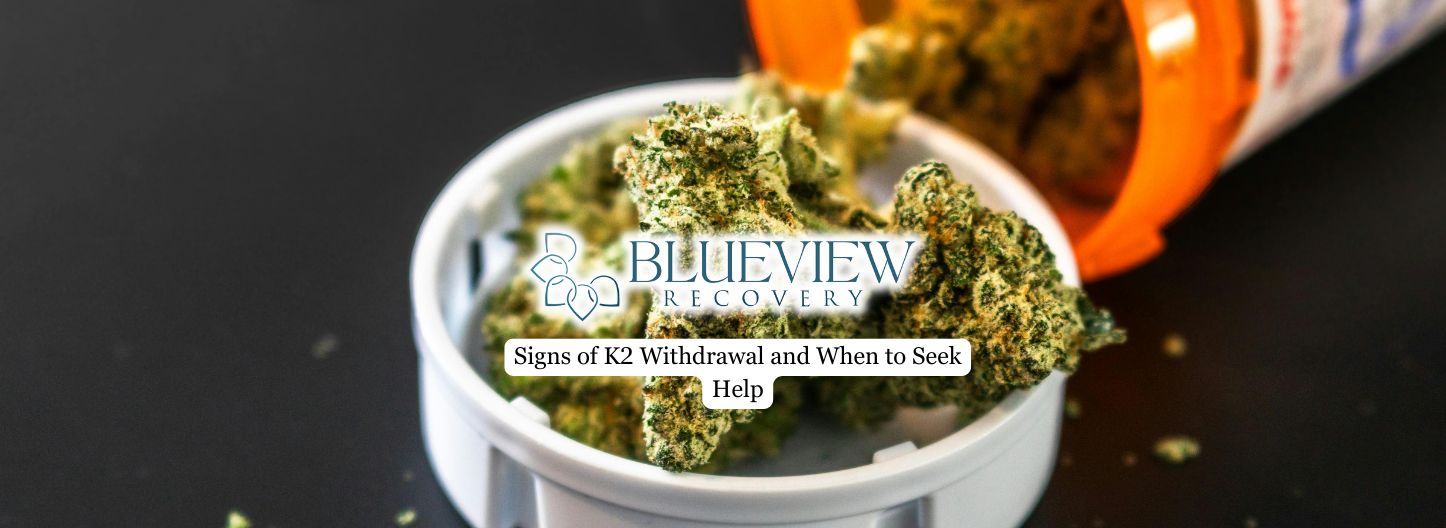An Intensive Outpatient Program (IOP) offers support for individuals managing mental health or substance use challenges while maintaining daily responsibilities. Proper preparation can make the experience more productive and less overwhelming.
In this article, we’ll explore what you need to know and do before starting IOP, from mental readiness to practical logistics, to ensure a smooth transition and better outcomes.

Understanding the Requirements
Unlike inpatient programs or partial hospitalization, an intensive outpatient program allows participants to live at home while attending therapy sessions and skill-building activities several times per week. Before starting, it’s important to understand what the schedule entails.
Schedules typically include several sessions per week, combining group therapy, individual counseling, and educational or skill-building components. Participation expectations can vary, but most require active engagement in all scheduled sessions and completion of assigned exercises or homework. Knowing the timeline, flexibility, and insurance or cost requirements ahead of time helps set realistic expectations and ensures you can fully commit to the process.
Mental and Emotional Preparation
Take time to reflect on your motivations for joining and set personal goals for what you hope to achieve. Understand that while it provides guidance and direction, it is not a quick fix. Feeling anxious or uncertain about attending is normal. Developing strategies to manage these emotions, such as mindfulness or journaling, can help you gain a clearer focus and a more positive mindset.
Consider discussing your feelings and expectations with a trusted friend, family member, or counselor before starting. Sharing your thoughts can help normalize your anxieties, provide encouragement, and create an accountability system that strengthens your commitment. Starting treatment with both internal clarity and external support can strengthen resilience, helping you navigate challenges more effectively and stay engaged throughout your recovery journey.
Physical and Lifestyle Preparation
Prioritize sleep, balanced nutrition, and regular exercise to prepare for sessions. Adjust your daily routines to accommodate the schedule, and avoid substances or behaviors that may interfere with participation. Consider creating a personal wellness toolkit, including items like a journal, stress relief tools, or other coping mechanisms, to support yourself during trying times.
You can also think about practical ways to integrate wellness habits into your daily life before the program begins. Simple steps, such as meal prepping nutritious foods, setting consistent wake and sleep times, or scheduling short walks or stretching breaks, can make the transition smoother.
Practical and Logistical Considerations
Plan your transportation and commute, and arrange childcare, work, or school obligations around program schedules. Prepare a list of emergency contacts and a network to rely on if needed.
If the rehab facility requests medical records, medication lists, or other documentation, gather these in advance to ensure a smooth intake process. Being organized allows you to focus fully on your recovery rather than external distractions.
It can also help to do a “trial run” before your first day: drive the route, test travel times, and make sure your daily essentials are in order. Having a set routine, such as laying out clothes or packing any necessary items the night before, reduces morning chaos and mental clutter. The fewer surprises you face outside the program, the more energy and attention you can devote to the healing process itself.
Communication and Support
Encouragement from friends, family, or colleagues can make a significant difference during treatment. Inform key people about your schedule and boundaries, and identify those who can provide encouragement and accountability.
Be ready to advocate for your needs during sessions, whether that involves sharing your goals with facilitators or asking questions about program content. Open communication ensures you remain engaged throughout.
Surround yourself with those who respect your recovery goals and understand the importance of consistency. It may also help to set up brief check-ins with a trusted friend, sponsor, or counselor to share progress or challenges.

Mental Health and Coping Strategies
Developing coping strategies before starting treatment helps manage stress and maintain stability. Practicing mindfulness, grounding techniques, or breathing exercises can calm anxiety during challenging moments.
Journaling or reflecting on thoughts and emotions provides insight into progress over time. Identify personal triggers and early warning signs of relapse or heightened stress, and plan self-care activities, including downtime, to support your mental and emotional well-being outside of scheduled sessions.
It’s also helpful to establish a “go-to” plan for tough days, whether that means calling a supportive friend, stepping outside for a brief walk, or using calming tools like music or aromatherapy. Having healthy, ready-made responses to emotional triggers keeps you from slipping into old habits and gives you a sense of control when things feel uncertain.
Questions to Ask Before Starting
Going into IOP with the right questions ensures you fully understand what to expect. Ask about their policies, participation expectations, and how success is measured. Inquire about staff qualifications and specialties to ensure that they align with your needs.
Learn about supplemental support services, such as family counseling or nutritional guidance, that may be available to enhance your overall experience and outcomes.
You might also want to ask about what happens after IOP, whether the program offers continuing care, alumni support, or referrals to community resources.
Final Checklist Before Day One
Before starting, ensure that you are prepared in multiple areas:
- Confirm your readiness: Assess your mental, physical, and logistical preparedness.
- Gather essential items: Collect necessary supplies, personal items, and emergency contacts.
- Clarify your goals: Define your personal objectives and intentions.
- Build up a routine and boost your self-confidence: Taking these steps reduces stress and improves the likelihood of meaningful progress once you start.
Final Thoughts from Blueview Recovery
Preparing for IOP can feel overwhelming, but careful planning and self-reflection make the transition smoother. Addressing both practical and emotional factors ensures you can fully engage with and benefit from the treatment. Entering the program with preparation is not just about logistics. It’s about creating the mindset and support system necessary to achieve lasting change. Taking these steps gives you the foundation for a successful and empowering experience.
At Blueview Recovery, our Intensive Outpatient Program in Pennsylvania, PA, balances treatment with flexibility, which enables you to maintain daily responsibilities while combining individual therapy, group counseling, and relapse prevention strategies. Taking proactive steps in your preparation allows you to enter the program with confidence, ready to embrace the healing process and work toward a healthier, more fulfilling life.





